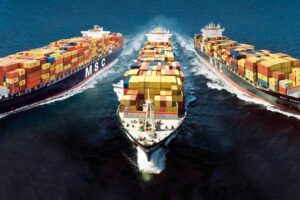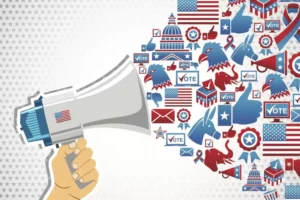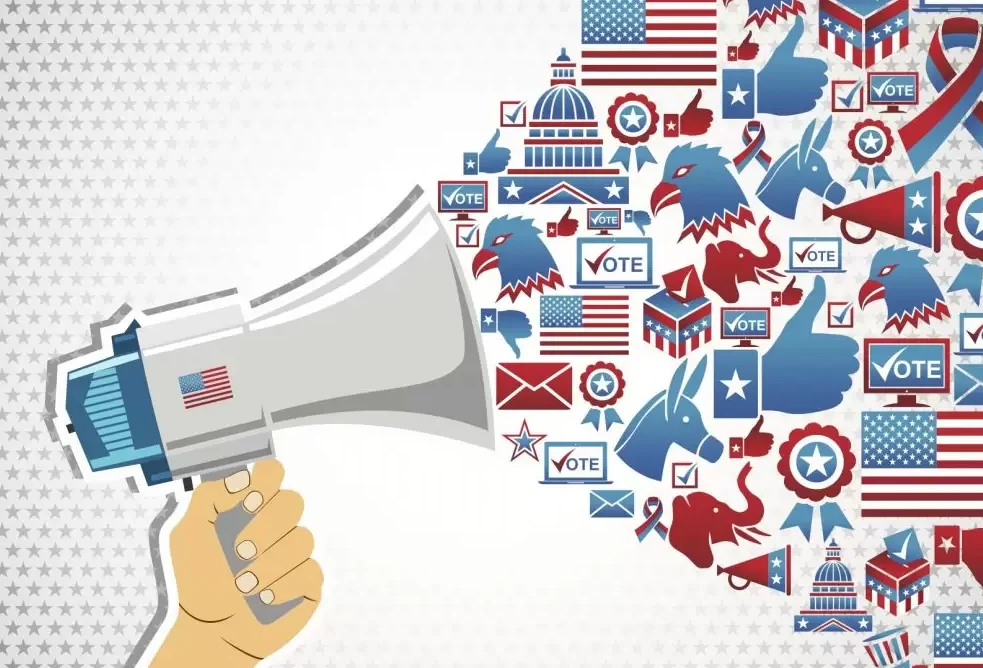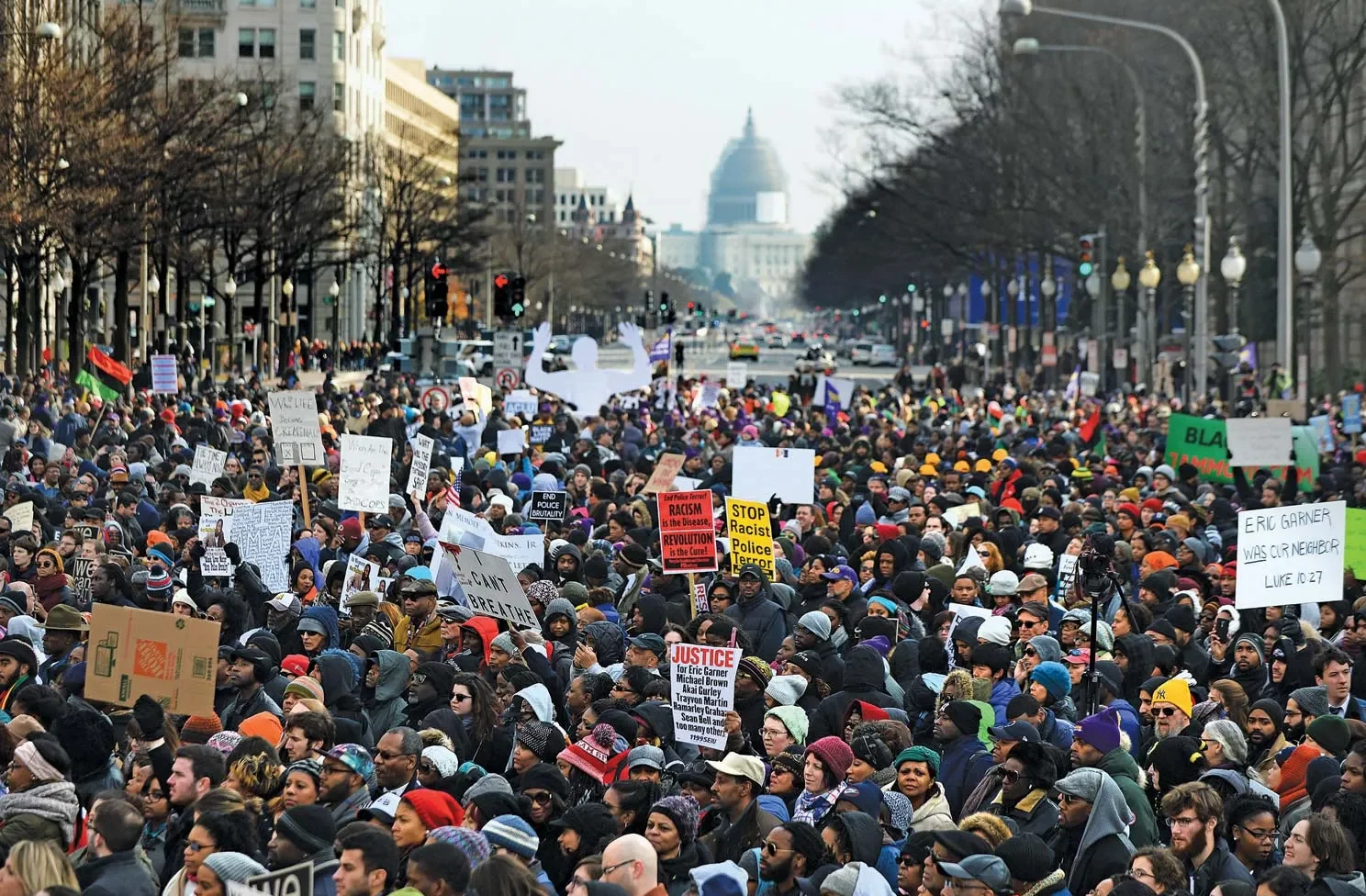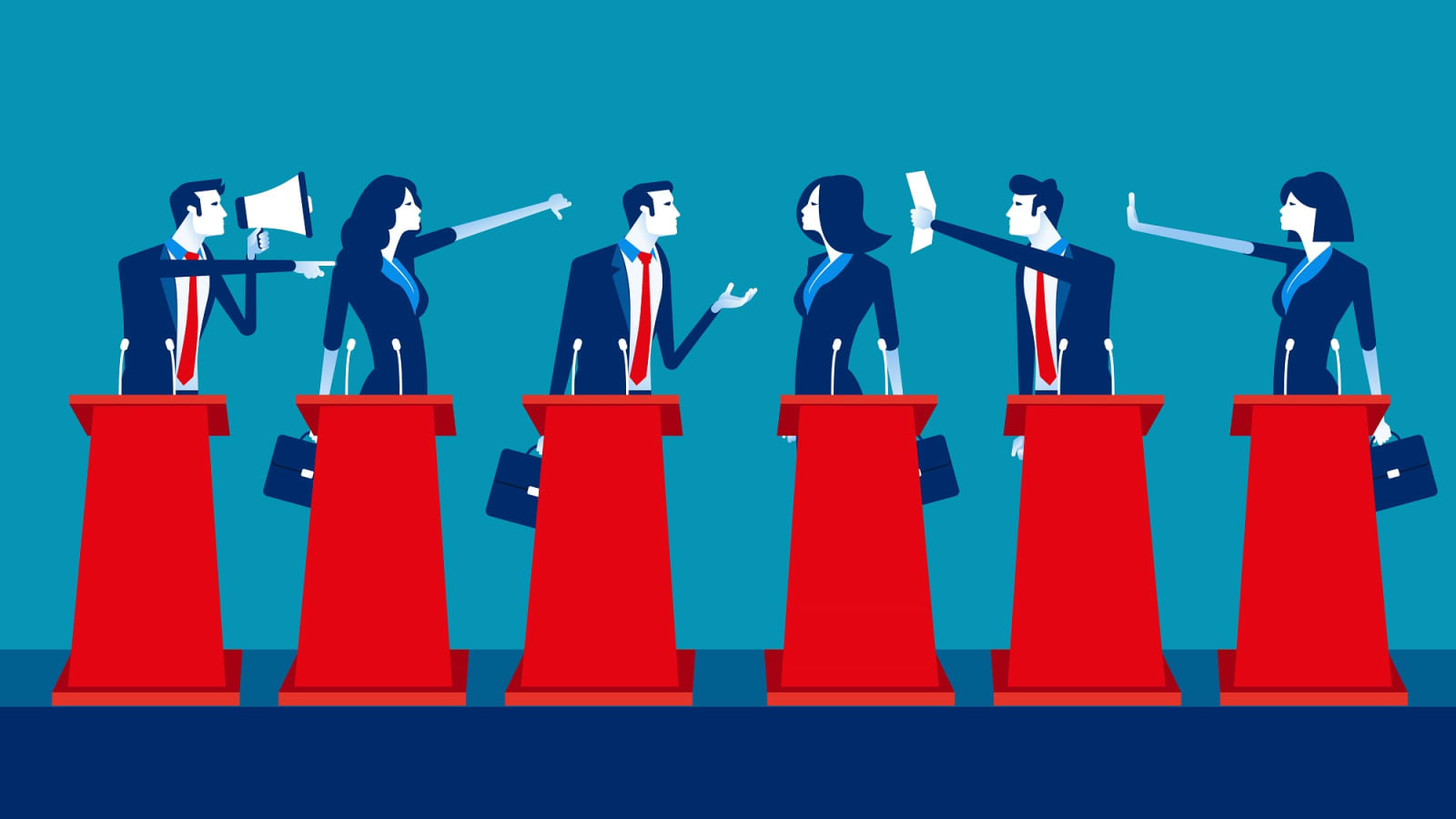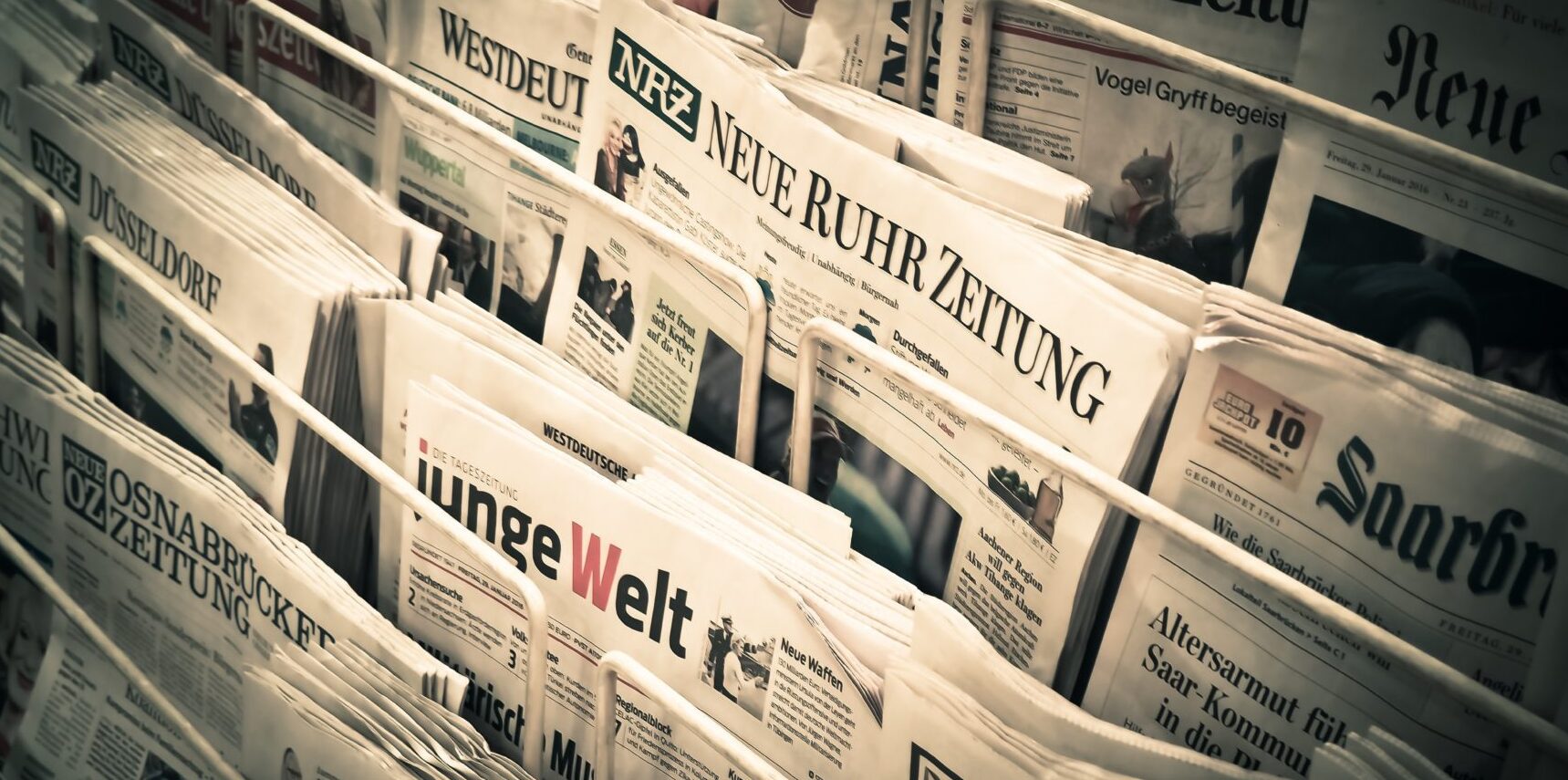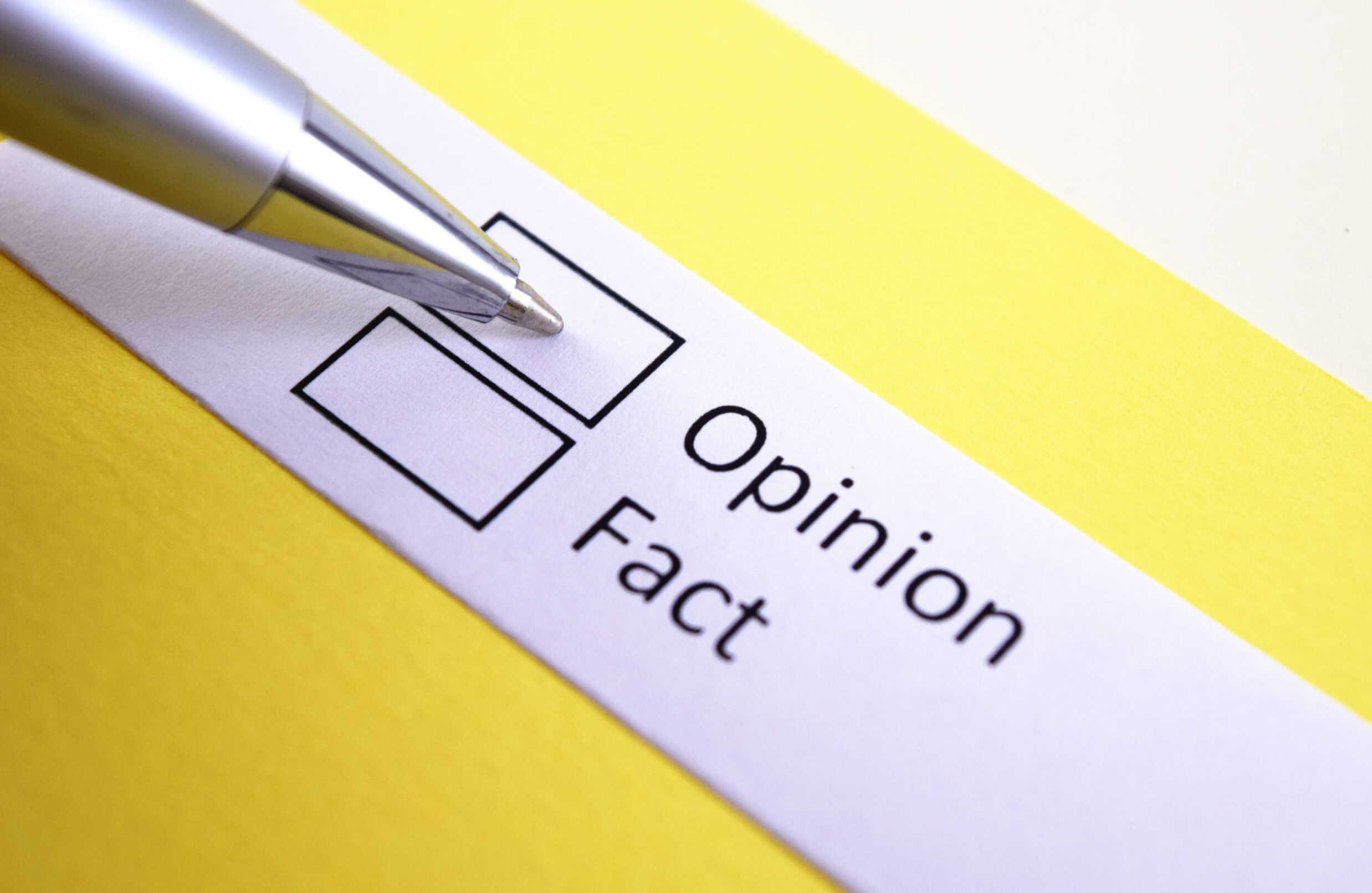The media plays a crucial role in informing the public about political issues and events. Journalism serves as a watchdog, checking the actions of the government and holding them accountable to the public. Through various mediums such as newspapers, social media, television, and radio, the media sets the agenda for public discussion of issues and provides a forum for political expression. People rely on the media to stay informed about what is happening in the world, making it an essential tool for keeping the public informed. Therefore, the role of journalism in informing the public is crucial for a healthy democracy.
The media is also an important tool for political communication. Government officials serve as the chief sources of political news and tend to shape the media’s coverage of political issues. News media plays a central role in democratic politics, and it affects the behavior of policymakers. Social media also plays a critical role in shaping public opinion, and these practices shape journalistic routines. By letting individuals know what other people think and giving political leaders a platform to communicate their ideas, the media plays a crucial role in shaping public perception of political issues. Therefore, the media is a powerful tool for political communication that can shape public opinion.
Finally, the media’s impact on public perception of political issues is significant. The media sets the public agenda and primes the criteria by which citizens evaluate politicians and political events. A study by Mutz in 1997 showed that a purposefully chosen news agenda can affect the perceived and actual issue opinions of members of the mass public. The media can help people see things that are different from their own perspectives. Therefore, the media’s impact on public perception of political issues is significant, and it plays a vital role in shaping public opinion.
The influence of media ownership on political coverage
The concentration of media ownership has a significant impact on political coverage. Studies have shown that political ownership of newspapers can affect the practice of professional values in journalism. The concentration of media ownership can also have implications for freedom of expression. The political-economy approach suggests that media ownership structures are closely tied to power and wealth, which can influence the type of political coverage presented to the public. Critics of media ownership concentration argue that it poses a threat to First Amendment freedoms and the marketplace of ideas. Therefore, media ownership concentration should be carefully considered when examining the influence of media on politics.
Biases and conflicts of interest can also impact media coverage of politics. Journalists may have personal biases that influence their reporting, or they may face conflicts of interest due to their relationships with political figures or corporations. Leading newspapers, in particular, can have a dominant influence on the agendas of public discourse. Media bias perception can moderate the influence of media exposure on the public’s judgment of political issues. Social media has also become a pervasive force in politics, altering communication dynamics between political leaders, journalists, and the public. Therefore, it is essential to consider the potential biases and conflicts of interest in media coverage when examining the role of media in politics.
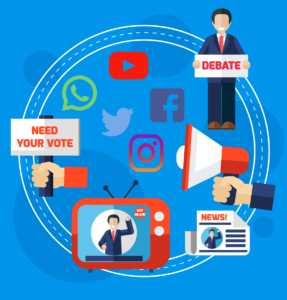
Corporate influence on political messaging is another important factor to consider. News outlets may tailor their coverage to suit the interests of their corporate owners or advertisers. Social media can also shape public opinion and affect journalistic routines. Political communication can proceed differently depending on the media coverage encountered. The media often act as a mouthpiece for political leaders, publicizing their words and actions even when their news value is questionable. Therefore, it is crucial to recognize the potential influence of corporate interests on political messaging when examining the role of media in politics.
The impact of new media on political communication
The emergence of social media and citizen journalism has significantly impacted political communication. Social media platforms have become a pervasive force in politics, altering the communication dynamics between political leaders, journalists, and the public. Journalists increasingly use social media data to infer and report public opinion by quoting social media posts, identifying trending topics, and reporting on social media reactions to political events. Citizen journalism, enabled by the widespread adoption of digital media, allows individuals to participate in the production and dissemination of news and information, potentially increasing the diversity of voices and perspectives represented in political discourse. However, the unregulated nature of social media and citizen journalism also presents challenges, such as the spread of misinformation and the potential for manipulation of public opinion.
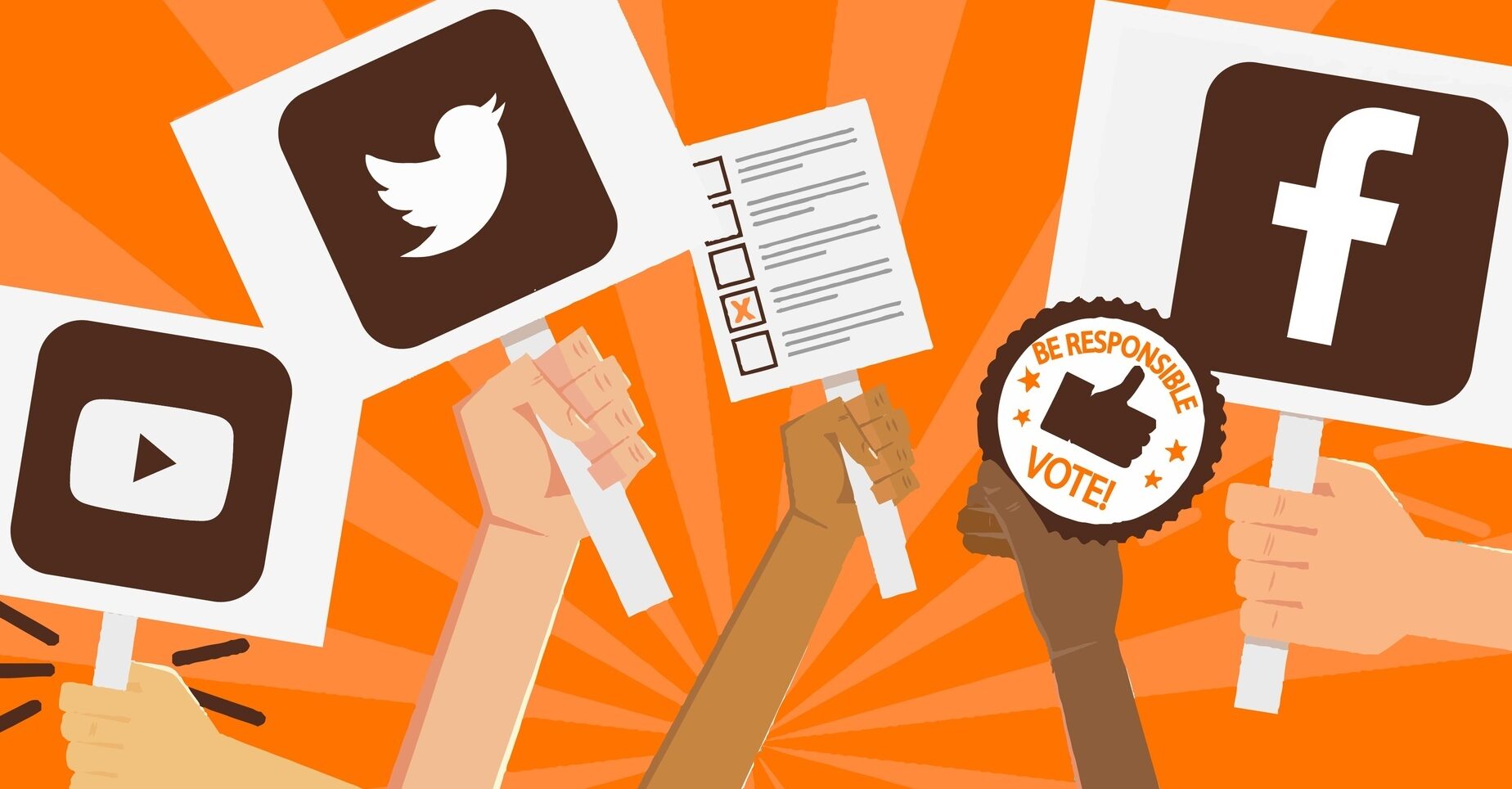
The role of algorithms in shaping political discourse is another significant aspect of the impact of new media on politics. Social media platforms use algorithms to curate content and personalize users’ news feeds, potentially creating echo chambers and exacerbating political polarization. Additionally, the use of targeted advertising based on users’ online behavior can influence political attitudes and behaviors. The complex interplay between algorithms, political communication, and public opinion requires further investigation and regulation to ensure the integrity of democratic processes.
The future of political communication in the digital age is a topic of ongoing debate. While the media has traditionally played a central role in democratic societies by setting the agenda for public discussion of issues and providing a forum for political expression, the changing media landscape presents both opportunities and challenges. The fragmentation of the media and the rise of alternative sources of information have led to a more diverse and decentralized media environment, but also to the spread of misinformation and the erosion of trust in traditional news sources. As political communication continues to evolve in the digital age, it is essential to maintain a critical perspective on the role of media in shaping public opinion and to work towards ensuring the integrity of democratic processes.

